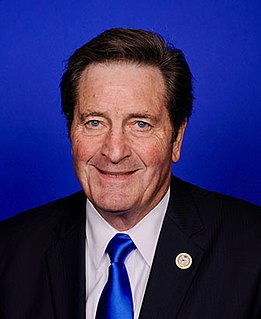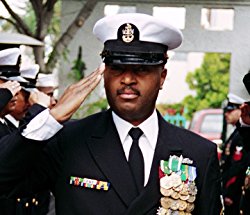A Quote by Richard N. Haass
The decision to attack Iraq in March 2003 was discretionary; it was a war of choice.
Related Quotes
It is a tough choice. In war, people die. But when we refuse to confront the enemy, we will face the enemy in New York and Washington, as we did on 9-11. As for responsiblity, of course we stand by our decision to go to war on Iraq. President Kennedy said that friend and foe alike should know where America stands.
I think what Mr. Trump has made clear is that he would not undertake optional wars, what I have called wars of choice, a la, say Iraq in 2003 or Libya, for the purposes of transforming another country. It's not clear whether Hillary Clinton, if she were to have the opportunity, would do such a thing again or whether she would have taken a - the lesson from both Iraq and Libya that we ought not to be undertaking those kinds of wars of choice.
Obama's decision to leave, to not sustain the victory that resulted after eight years of fighting, from 2003 to 2011 in Iraq, was another incredibly stupid decision. It was totally based on politics, not based on any notion of national security. It's a nightmare for our national security. And then you have the Libya intervention.
I think the Americans are dying to leave Iraq. I was against the war but longed for the fall of Saddam; the decision to go to war clearly was taken long before the matter reached the U.N., given its inevitability. I kept my fingers crossed for the emergence of democracy in Iraq even if that would mean victory for a man whose politics I have little sympathy with.





































